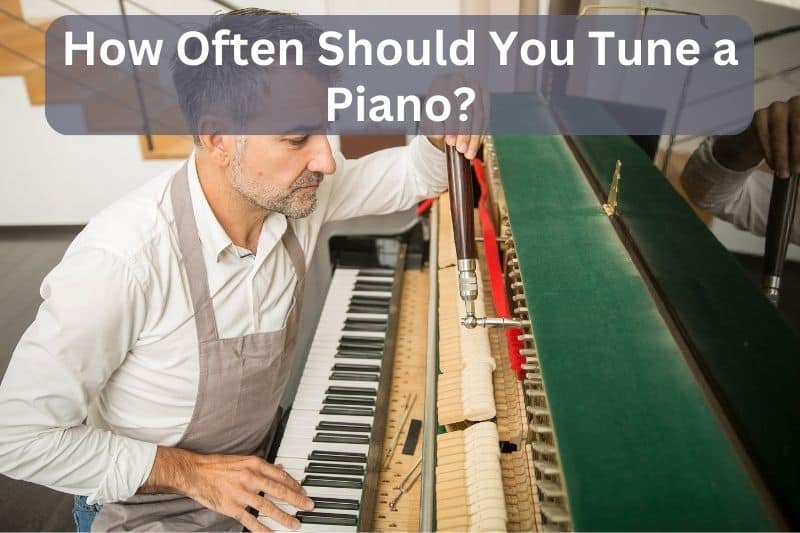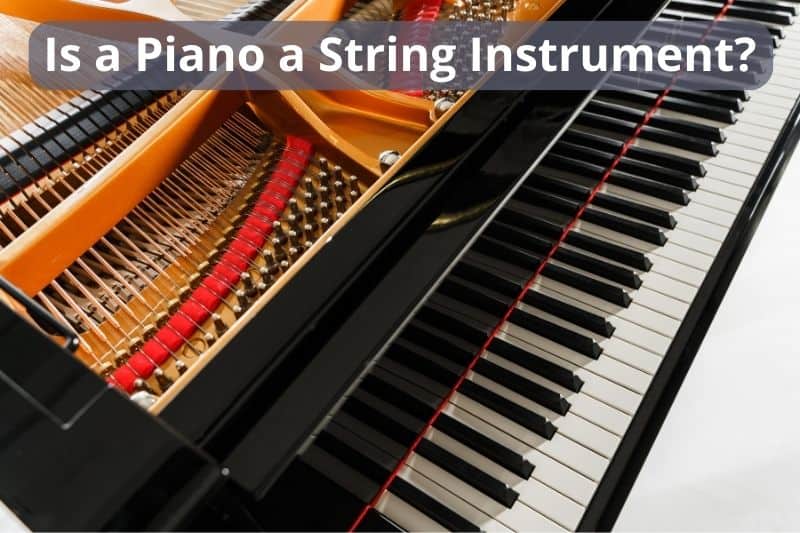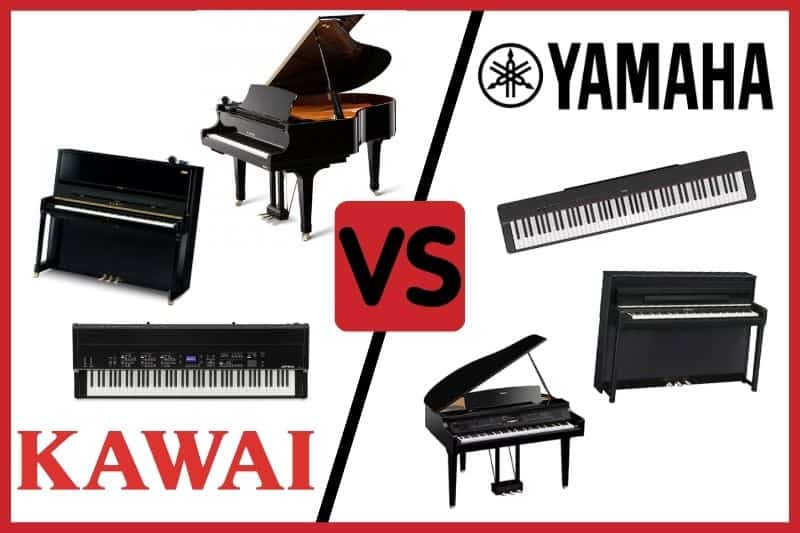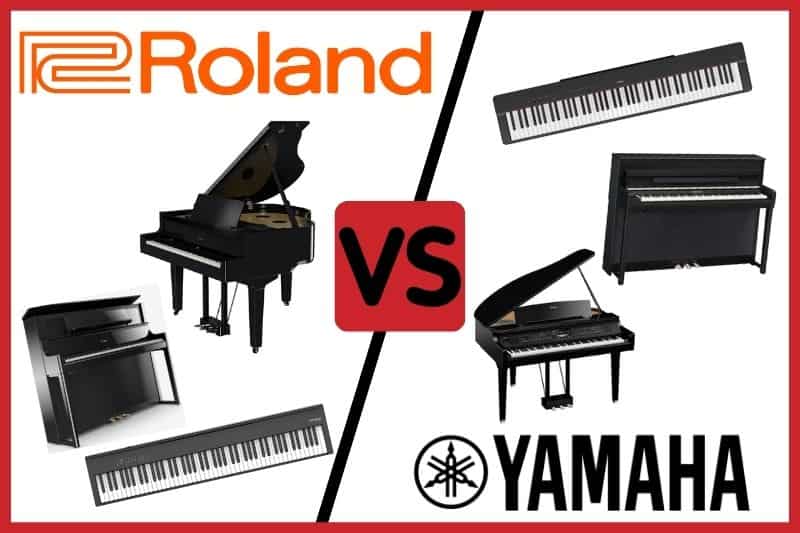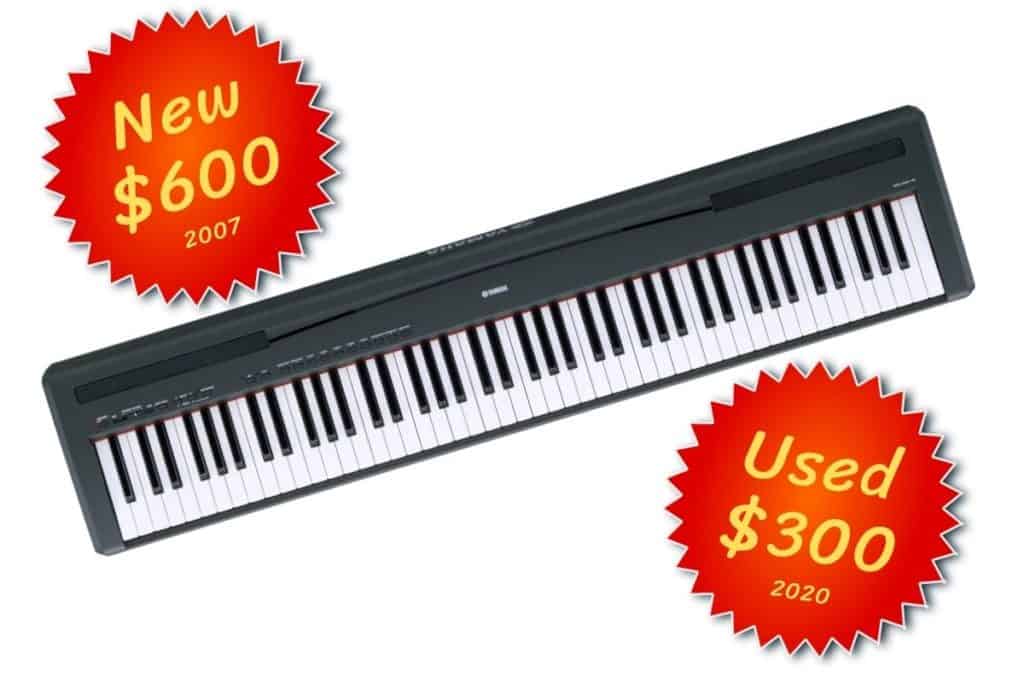
Learning to play a musical instrument is one of the most rewarding skills that you can pursue. It provides a lifetime of enjoyment and opens up options that range from a private hobby to amateur or professional performances. But making that purchase can be tricky. Is it worth it to pay more for quality? Can you recover your investment if you decide to make a change?
Pianos, in general, are notoriously bad for holding resale value. Digital pianos tend to fare worse than acoustic ones due to older models having outdated tech and sound quality. However, they do manage to maintain their subjective value providing more satisfaction and enjoyment than many other instruments.
Digital pianos are still a relatively new option on the market for students and more established players. They offer several advantages over acoustic types, but these must be weighed against considerations where they underperform in this relationship. Over the last two decades, the popularity and technology in digital pianos have progressed enormously, and as such older models rarely hold their resale value.
How to Think About the Value of a Digital Piano
We’ve all heard stories about Stradivarius violins, late 50’s Gibson Les Paul Guitars and other instruments that have skyrocketed in value due to their quality and rarity. It’s certainly true that there are rare, high-end pianos that command a higher purchase price as well. However, unlike violins and guitars, keyboards tend to lose playability and sound quality over time rather than get better with age.
A quality branded grand piano may hold or even increase in value over time. However, it’s far more common to see a beautifully crafted and perfectly functional upright piano being given away on Craigslist or Facebook Marketplace. Don’t be surprised to discover that the piano you inherited from your great aunt isn’t worth the fortune you were anticipating.
While the resale market for acoustic pianos is unfriendly at best, the amount aged digital ones can achieve can be downright unpleasant. This factor doesn’t mean that you should shy away from purchasing one; it just means that you should put more thought into your purchase and be prepared to hang onto your instrument for a long time. They retain much more value over 10 or 20 years as something you play to provide enjoyment rather than they do as a possession that you sell.
Resale Value of Pianos
If you could buy a brand-new instrument from a dealer or the same used model on the secondary market for the same price, which would you choose? Most people would go for the new one. Since pianos are as easy to come by through dealerships as new cars are on car lots, similar economics apply. A new keyboard will lose up to 20% of its value when you “drive it off the lot.”
Sure, there are pianos that you can buy that are the equivalent of a Cadillac or a Corvette, but they’re the exception rather than the rule. A Steinway or Yamaha will hold more value than a bargain brand or off-brand unit, but market factors will still limit the resale price.
Many pianos are used as trade-ins when players want to upgrade to a better model. The economics of this transaction is similar to trading in your car on a new model. You won’t get full value for it because the dealer is looking to buy wholesale and wants to make a profit on resale. You can try selling it directly on the secondary market. Still, nobody is going to pay as much for your used piano as they would for a new one, which comes directly from an established dealer and usually with an added warranty.
All of these factors impact the resale price of digital pianos too. However, unlike acoustic varieties, which have been designed more or less the same for hundreds of years, digital pianos also have the downside of being subject to constant technological innovations. A new digital piano is going to be technologically better than one that is three or five years old. When you stretch that out to ten or twenty years, there’s not much comparison at all.
Resale Value of Digital Pianos
Digital pianos have only been a standard option on the musical market for a few decades. They use sampled recordings of traditional pianos in the place of the acoustic hammers and strings to produce the sound and tone. There are a variety of models that can mimic the feel of traditional pianos with weighted and semi-weighted keys. They can range from portable keyboards to uprights and even baby grands with a full set of 88 keys.
What all the electric pianos have in common is the reliance on technology to imitate the look, feel, and sound of the acoustic variety. When you think about how far technology has come over the past 20 or 30 years in every other aspect of our lives, it should be no surprise that digital pianos have progressed a great deal in that time.
A digital piano that was manufactured in the early 2000s will struggle to compete with the looks, feel, and sound of a model that was built in the past few years. Some players suggest that the technology has now reached a point where the next decade won’t make as much difference as the last one did, but that remains to be seen as manufacturers are always looking to improve their products.
Unless you hold on to a digital piano long enough for it to become a collector’s item or are lucky enough to have a model that finds favor with nostalgic buyers, you’re unlikely to find a buyer willing to pay a premium price for your used digital piano once it is more than a few years old.
Benefits of Digital Pianos
While digital pianos aren’t manufactured to last 50 or 100 years like their acoustic counterparts, they do have certain advantages that can make them more useful – and thus more valuable – to players. A digital piano is easier to move, and so it is beneficial to performers who go out on tour. It is also going to have a lower purchase price than an acoustic piano, making it an excellent option for students who might not stick with the instrument long-term or are looking to take up a hobby without too much of a financial burden.
Another great feature is the ability to control the volume and play through headphones and thus not disturb other people nearby. This, along with their portability and easy storage options, makes them especially useful in urban or close-quarter living environments where space and noise need to be considered.
Whether you are a student, a home hobbyist, or an amateur/professional performer, you would be wise to consider digital pianos as an option. You will likely get a decade or more out of your purchase before you begin to notice any fall off in playability. You will also find that repairing the wear and tear of life on the road is easier and cheaper as well.
There will always be advancements in the technology used, and your model will become dated over a few years. Still, if you’re happy with the sound and playability of your instrument, then you can stick with what you’ve got until your budget or your needs necessitate a new purchase. Find a sound that you like and commit to it. Your piano will take care of you if you take care of it.
Conclusion
The idea of spending a few hundred or even a few thousand dollars on an instrument can be intimidating to a new player. However, when you consider that you will get daily enjoyment from it for ten or even twenty years once you get it home, the idea of investing in quality makes sense. You can get a decent digital piano for much less than an acoustic one, and it will fit into many more playing situations that you’re likely to encounter.
